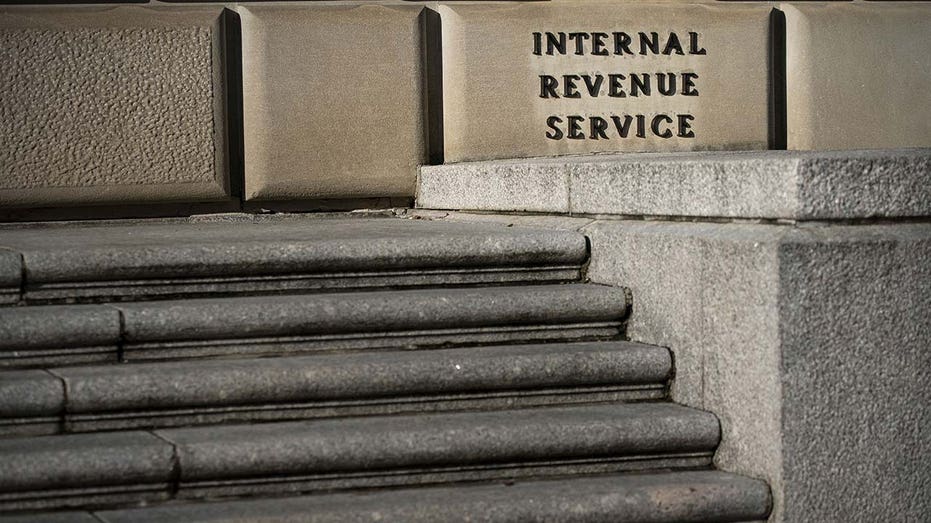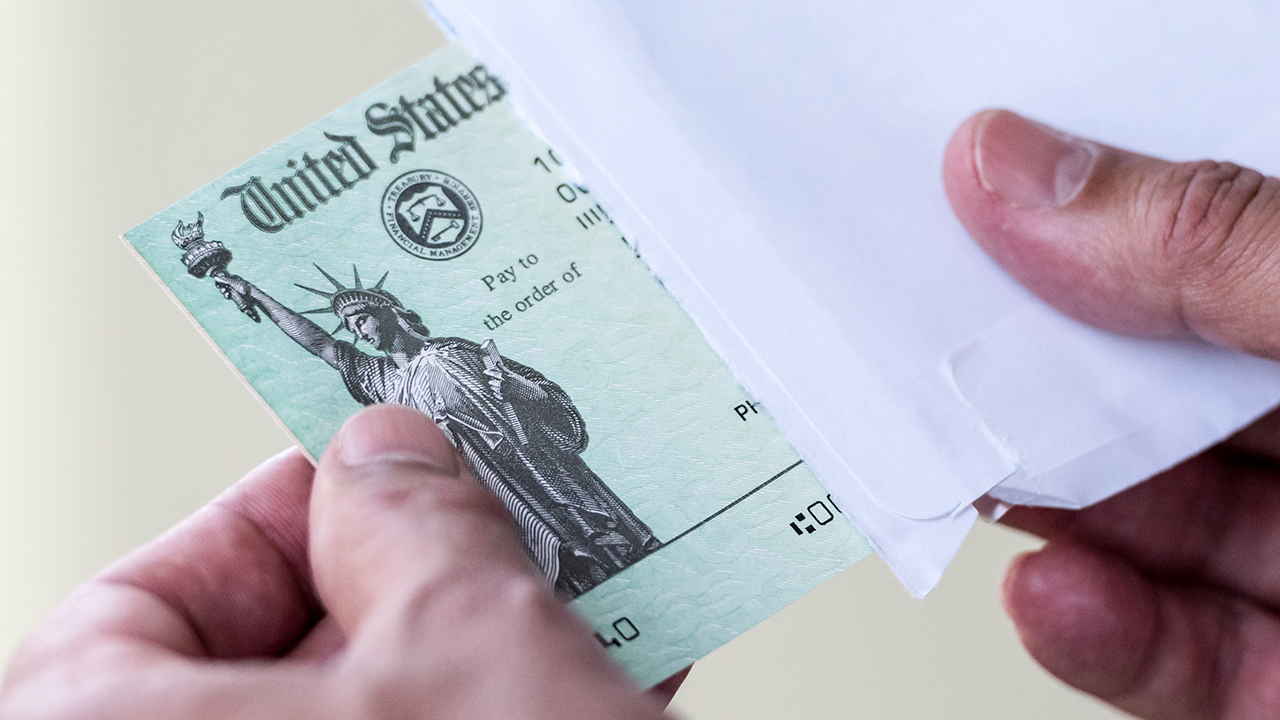Tax season 2022: Here's where Americans got the largest average refund
Taxpayers in Wyoming received the largest refund from the IRS in 2019
Inflation taking a ‘lot of people by surprise’ this tax season: Expert
The Marks Group President Gene Marks, CPA, discusses the inflation has on taxes.
Millions of Americans will receive a tax refund from the IRS this year – but not all refunds are created equal.
Some taxpayers receive significantly higher refunds after filing their returns, according to a new analysis of IRS data conducted by LendingTree. The average tax refund in 2019 – the latest available data that includes all returns – was $3,651, slightly below the average refund of $3,660 in 2018.
TAX-FILING SEASON 2022: LAST-MINUTE TIPS FOR LATE FILERS
In all, about three-quarters of Americans received a refund from Uncle Sam in 2019. But taxpayers in 13 states actually saw a refund larger than the national amount, while those in 37 other states received a smaller check from the IRS.
For instance, taxpayers in Wyoming saw the largest average refund in the U.S., worth about $5,027. The second-largest refunds went to those living in Connecticut, with an average check of $4,461. New York residents, meanwhile, received the third-highest amount, worth about $4,444.
The wide range in refund size stems from income differences. Residents in states with higher average incomes are likely to receive bigger refunds because they probably paid more in taxes to the IRS throughout the year.
Taxpayers in Maine, meanwhile, received the smallest average tax refund at $2,752. The next-lowest average refunds were in Oregon ($2,896) and Vermont ($2,924).

The Internal Revenue Service (IRS) headquarters in Washington, D.C., U.S., on Friday, Feb. 25, 2022. (Photographer: Al Drago/Bloomberg via Getty Images / Getty Images)
Still, getting a bigger refund is not necessarily a good thing, according to LendingTree chief credit analyst Matt Schulz. That's because larger refunds are indicative that Americans overpaid in taxes; rather than striving for a big refund, taxpayers should work to get their tax bill to zero.
"While it might feel amazing to get a big refund, the truth is that a refund means that you’ve overpaid and essentially given the government an interest-free loan for no reason," Schulz said. "That’s a big deal because that money could have instead helped you pay bills throughout the year, build up your emergency fund or even pay off some debt."
The tax-filing season ends on April 18.
GET FOX BUSINESS ON THE GO BY CLICKING HERE
If you’re an individual, you can request an extension online by filling out Form 4868 using the IRS’ "Free File" tool. You need to submit the form by April, or print the form and mail it to the IRS address for your state, making sure it's postmarked by April 18. Once you file the extension, you have until Oct. 17, 2022, to file your taxes.





















